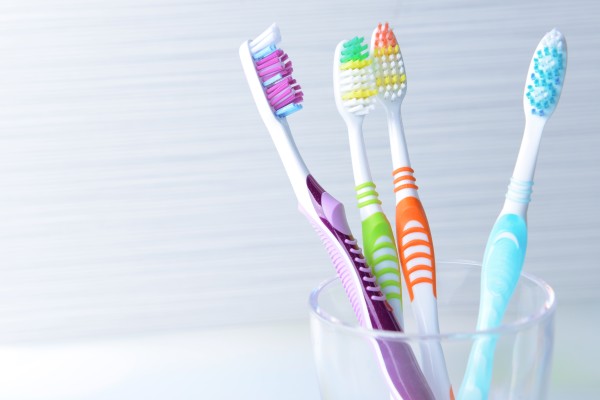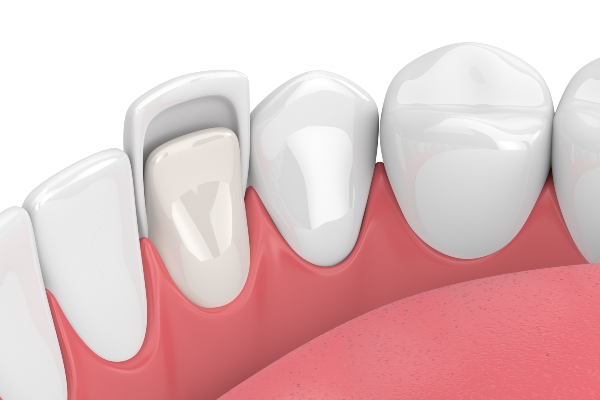Use These Oral Hygiene Tips to Protect Children From Tooth Decay

Brushing your child’s teeth and other
oral hygiene habits are necessary for several reasons. The first set of teeth (primary) keeps your child’s jaw straightened. The primary teeth also hold the spaces for adult teeth to come in and help your child learn how to smile, chew and speak properly. Learning good
oral hygiene habits at a young age can result in lifelong patterns.
Starting good oral hygiene habits for kids
Many parents wonder when to begin brushing and flossing a child’s teeth. When the child has teeth that are touching, a parent can start flossing between them. Brushing should begin when the child’s teeth first start appearing. There are several different stages of development in children. Knowing the right oral care tips can help parents manage
oral hygiene more effectively.
4 to 24 months
Parents should begin gently cleaning their newborn’s gums after any feeding (bottle or breast). This is a good way to prevent tooth decay and get rid of plaque buildup. When the child’s first tooth appears, the parents should brush it with a soft-bristled toothbrush and a small dab of non-fluoridated toothpaste. This should occur twice a day for two minutes. The first dentist appointment should happen around the child’s first birthday.
2 to 4 years
When a child is two or older, parents can encourage them to brush with fluoridated toothpaste. This prevents decay as the teeth continue developing. It is important to supervise a child to make sure proper brushing habits are formed. Children should spend two minutes on the back teeth, where the deep crevices make cavities more likely to form. Parents should also consider the snack options and beverages the child is getting.
5 to 7 years
Children who are five and older will develop permanent molars. Using fluoridated toothpaste is very important at this stage. By now, children should have a routine in place for remembering to brush and floss on a daily basis. Watching what the child consumes is still important as sugary beverages and snacks are more likely to cause cavities.Dentists can also offer sealants for the child’s molars and premolars. Sealants are thin plastic sheets that cover up the deep crevices found in the chewing teeth. This prevents bacteria and plaque from forming and can reduce the chance of cavities.
8+ years
Once a child begins school, parents will have less of an influence on what the child is eating and drinking throughout the day. Set good examples at home by eating a variety of healthy and nutritious snacks. Children should still be brushing and flossing regularly using a fluoridated toothpaste. There are toothbrushes designed for a mixture of baby teeth and permanent teeth that parents can buy.
Tackle oral hygiene habits head on
As a parent, it is your job to set an example for your child. Make sure that you are following good oral hygiene habits yourself so that your child can learn from you. If you are unsure about anything, you can talk to your dentist about ways to improve oral health — both for you and your child.
Request an appointment here: https://www.smilebeautification.com or call Precision Smiles at (201) 204-1355 for an appointment in our Hackensack office.Check out what others are saying about our services on Yelp: Read our Yelp reviews.
Recent Posts
Dental veneers can improve your dental health. Your dentist can present many types of this dental restoration. Understanding the types of veneers available can broaden your options. Here are the different types of dental veneers that you must consider.These are the most common types of dental veneers. The material in these restorations is feldspar, which…
Dental veneers help patients achieve a picture-perfect smile. However, these wafer-thin shells go over the natural teeth, which begs the question: Are dental veneers comfortable? When installed correctly, veneers feel just like your real teeth. In this article, we will explore veneers, how they work, and how they manage to feel and look natural.Veneers help…
Dental veneers are often more advantageous than other cosmetic dental procedures. Some cosmetic dental procedures are quick but need retreatment. Others need preparation and months to be effective. Veneers take a short time to get but can last for at least a decade with proper care and maintenance. Knowing the benefits of these restorations over…
If you are one of the many individuals who suffer from TMJ, you may be researching the effects Botox® has on this problem. Believe it or not, it can work to help some of the unfortunate aspects of this condition. TMJ can sometimes make everyday activities and simple things we take for granted, like chewing,…


